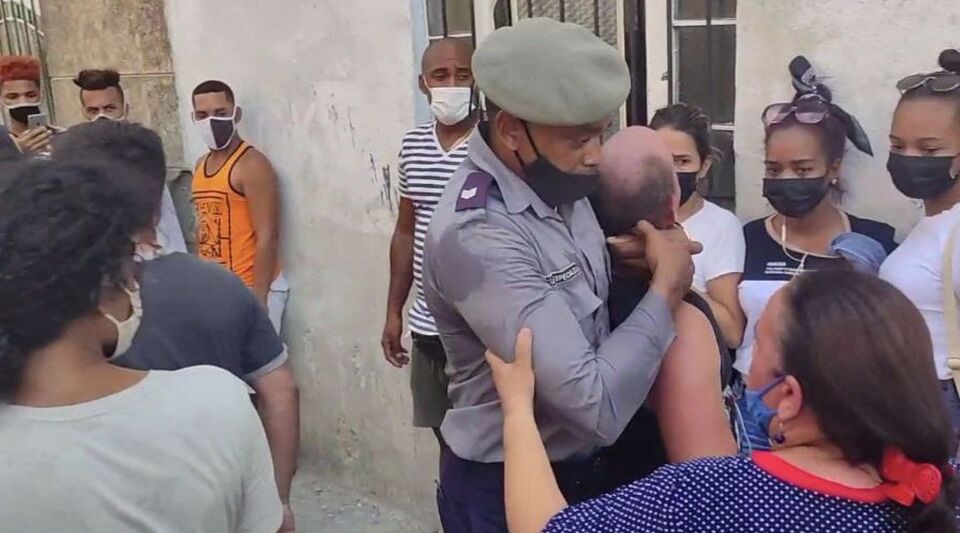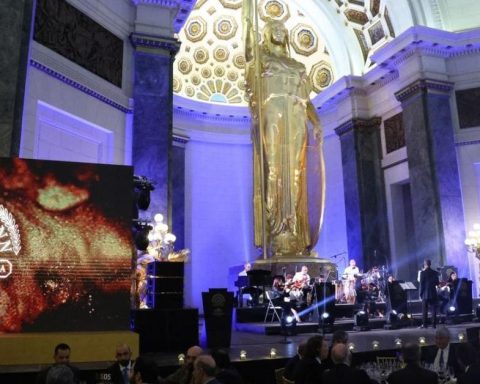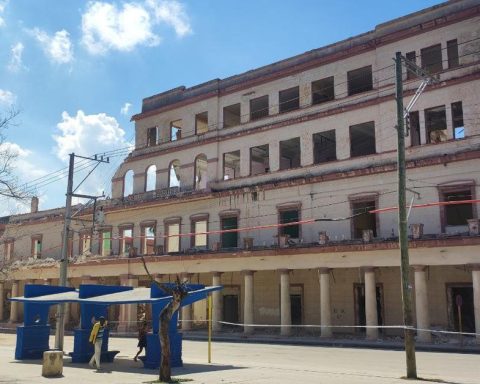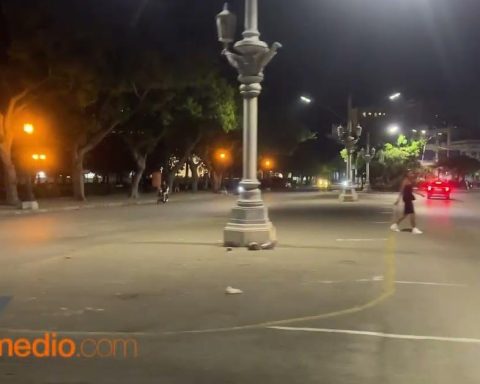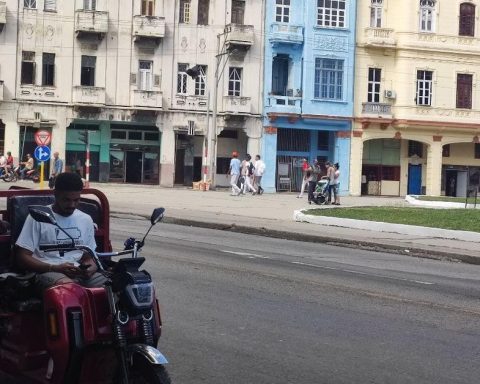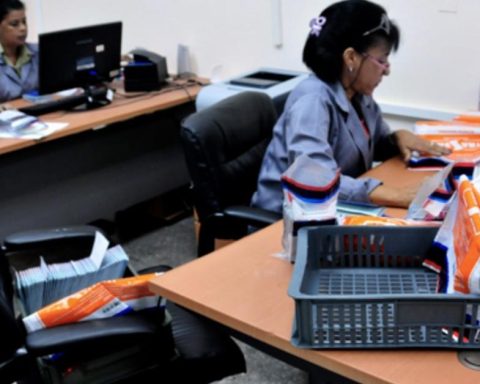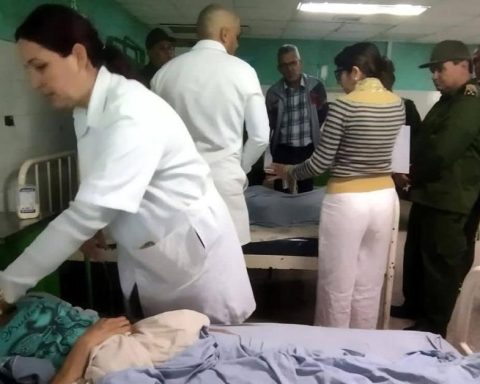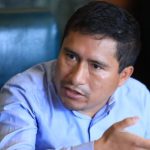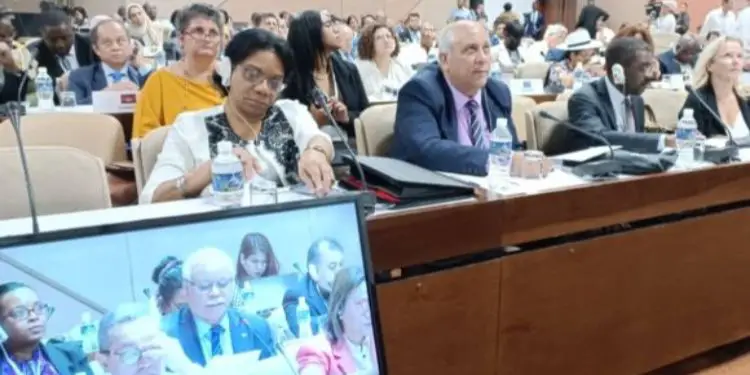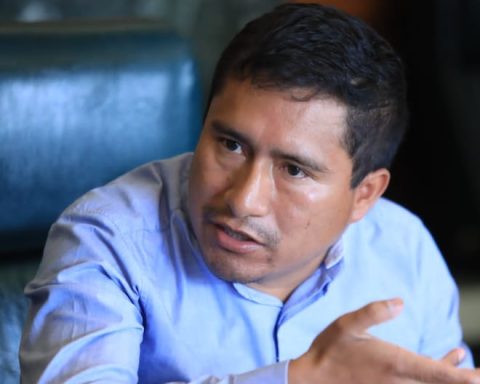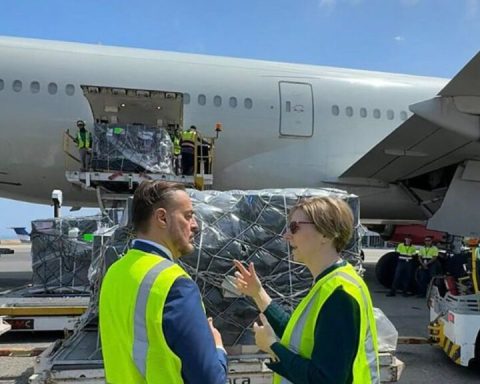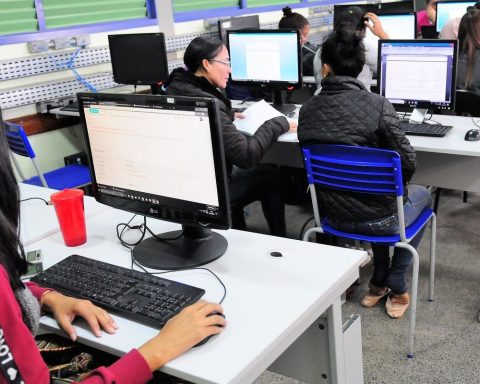The Cuban people are faced with a difficult dilemma: continue to be subjected to an oppressive regime that limits their rights and freedoms, or risk being mercilessly punished for fighting for a democratic future. The theory of the prisoner’s dilemma, developed by mathematicians and social scientists, allows us to understand this dynamic, which reflects the tension between immediate personal interests and the mutual benefits that could be obtained in Cuban society. What cost does silence have in an authoritarian regime?
The basic assumption of the prisoner’s dilemma is that two people are arrested for a crime and are interrogated separately. Each has two options: admit the crime and betray the other, or remain in solidarity, refusing to betray. If they do not admit the crime, both will be released with a light penalty. If both admit to the crime, they will be sentenced to a more serious penalty. However, if one person admits and the other does not, the first will be released while the one who did not give in to the pressure of the police will be sentenced to a very serious sentence.
The basic assumption of the prisoner’s dilemma is that two people are arrested for a crime and are interrogated separately. Each has two options: admit the crime and expose the other, or remain in solidarity.
The ideal, clearly, is that both refuse to admit or betray, in which case the optimal solution is reached, in which the Police are left empty-handed while they escape punishment. However, the dilemma consists precisely in the fact that both individuals have a strong motivation to betray, since if one remains supportive and the other betrays, the second will be acquitted. The prisoner’s dilemma shows how, in certain situations, the individual search for benefits can lead to negative results, while cooperation, solidarity and trust can lead to much more favorable results for all parties involved.
This is precisely the dilemma facing Cuban society, which is faced with the dilemma of cooperating to overthrow a dictatorship that represses, manipulates and subjugates it, or betraying it, thus giving up its desire to live in a prosperous, just and democratic society. Although in a metaphorical sense, I say “betray” with all intention, because the lack of citizen action, solidarity, cooperation can be interpreted as a form of betrayal of their own interests, those of their children and fellow citizens, those of the nation. When a dissident is left to suffer the injustices to which the tyranny submits him, in a way he betrays a compatriot. When it is accepted that the system condemns a child to suffer hunger and needs, in some way the moral commitment that one has with him is disappointed. When one remains inert in the face of the tyranny that oppresses and mistreats, the dignity that constitutes us is betrayed, and with it the very essence of what is human is ceded, which is the search for freedom and well-being.
There is a gulf between the metaphorical betrayal of a people suffering in silence and the literal betrayal of the sinister accomplices of oppression.
It is true that political abstinence does not imply direct action against the interests of society. Nor is it comparable to the despicable and shameful betrayal of those who violently impose misery and those who support them, be it hypocritically applauding, betraying their compatriots or repressing in one way or another those who have the courage to confront the muscular totalitarianism that governs in Cuba. There is an abyss between the metaphorical betrayal of a people suffering in silence and the literal betrayal of the sinister accomplices of oppression, who crawl along mired in a dark dynamic of betrayal and submission. Betraying one’s own interests, for fear of being thrown into prison after a summary trial, is not comparable to the vile betrayal committed by those abject lackeys who diligently serve the dictatorial designs, delivering their compatriots into the jaws of the oppressive regime. Despicable executioners of the people, they are the personification of treason, cowardice and disloyalty. What I am suggesting is that the cost of the apathy of the people is the indefinite perpetuation of the dictatorship and the misery that comes with it. Such inaction has devastating consequences for the quality of life today and tomorrow and contributes to keeping the nation in a state of subjugation and poverty.
There is no doubt that the risk of retaliation is substantial. Nobody ignores that the repressors are capable of anything. Therein lies the nature of the dilemma. Because there is no doubt that if the majority of Cubans remain inert while a few are persecuted and tortured for defying the regime, the result will be none other than the perpetuation of the moral and economic misery that suffocates Cuba.
What this model shows is simply that the best options for a nation depend on a complex web of individual decisions.
The prisoner’s dilemma does not suggest that there are only two alternatives in reality or that the latter is dichotomous and simple. Between fighting and not doing it there is a range of possibilities, from leaving the country, to being loyal to the tyranny and defending it, even if everything collapses around you and you lose your soul with it. Nor does it establish a moral judgment on individual decisions. It is morally legitimate to flee from communism, to protect our physical integrity and to seek a life that gives us everything that tyranny has forcibly denied us. Similarly, it is understandable to avoid exposing oneself to the danger of facing a repressive apparatus that knows no ethical limits.
What this model shows is simply that the best options for a nation depend on a complex web of individual decisions. The Cuban people can remain powerless, abandoning to their luck those who prefer not to betray the ideals of freedom, democracy and prosperity. It can also rediscover the cohesion and citizen trust that the regime has undermined for decades, and choose to think as a nation to exorcise misery, helplessness and ruin once and for all.
________________________
Collaborate with our work:
The team of 14ymedio He is committed to doing serious journalism that reflects the reality of deep Cuba. Thank you for accompanying us on this long road. We invite you to continue supporting us, but this time becoming a member of our newspaper. Together we can continue transforming journalism in Cuba.
